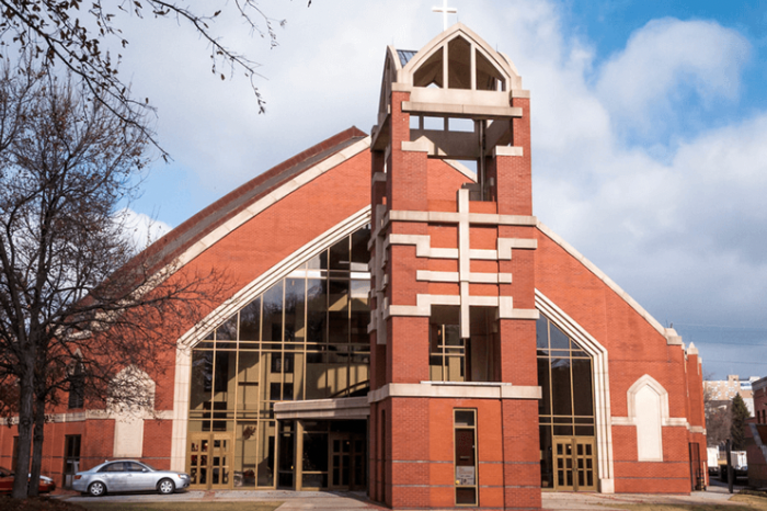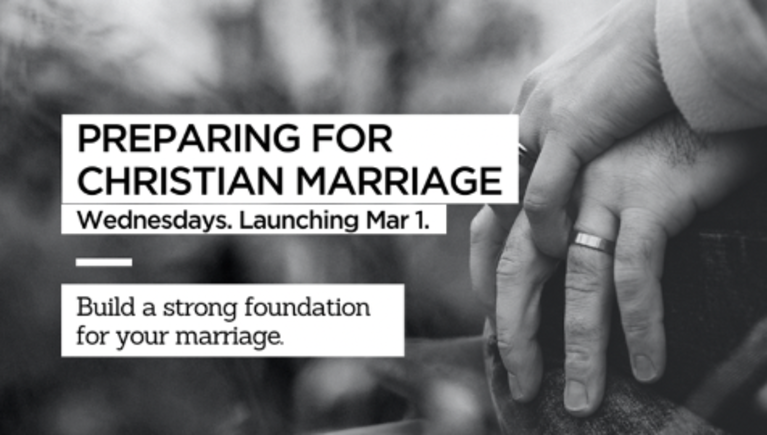
Two churches in Atlanta will conduct a webinar to discuss monkeypox's symptoms, transmission, and treatment on Wednesday, Aug. 17.
On a Facebook post, Atlanta First United Methodist Church and Saint Mark United Methodist Church will host the webinar via Zoom with Dr. David Holland, Chief Clinical Officer for Medical and Preventive Services for the Fulton County Board of Health.
According to the post, Holland will discuss the general information about monkeypox as stated above, as well as the latest vaccine information.
The post said a period for questions and answers would follow his lecture.
According to the post, attendees may sign up right away to get a participant link.
Symptoms of Monkeypox
According to the World Health Organization (WHO)'s website, numerous symptoms and indicators are associated with monkeypox.
While some people only experience minor symptoms, others may experience more severe symptoms and require medical attention, the WHO said.
The WHO said pregnant women, children, and anyone with impaired immune systems are at higher risk for serious illness or complications.
Monkeypox is most frequently characterized by fever, headache, muscle aches, back discomfort, lack of energy, and swollen lymph nodes, according to the WHO.
The organization said a rash that can continue for two to three weeks develops due to or in conjunction with this.
The face, palms of the hands, soles of the feet, eyes, mouth, throat, groin, and genital and/or anal parts of the body can all be affected by the rash, it added.
The health organization said lesions could number anywhere from one to thousands. Lesions start out flat, fill with liquid, then crust over, dry out, and fall off, revealing a new layer of skin beneath.
Symptoms normally last two to three weeks and disappear on their own or with supportive treatment, such as fever-relieving drugs or painkillers, according to the WHO.
The WHO said until all lesions have crusted over, all scabs have fallen off, and a fresh layer of skin has developed underneath, a person is still contagious.
It added that anyone who may have monkeypox symptoms or has come into touch with someone who has should contact or see a healthcare professional for guidance.
Spread of Monkeypox
Close contact with someone with a monkeypox rash, such as by face-to-face, skin-to-skin, mouth-to-mouth, or mouth-to-skin contact, including sexual contact, can spread the disease from one person to another, according to the WHO.
The WHO said monkeypox sufferers are typically infectious until all their lesions have crusted over, the scabs have gone off, and a new layer of skin has developed underneath.
It, however, said they are still learning how long monkeypox sufferers are contagious.
The WHO said monkeypox virus contamination could occur in environments, such as when an infected individual touches items, including clothing, bedding, towels, electronics, and surfaces.
It added that someone else who comes in contact with these things could get sick. The WHO said it is also possible to contract a virus from clothing, bedding, towels, or from breathing in skin flakes.
More stories from Crossmap:
Embry Hills United Methodist Church in Atlanta, Georgia to host blood donation drive
First Presbyterian Church of Atlanta to hold young couples group for fellowship, study





